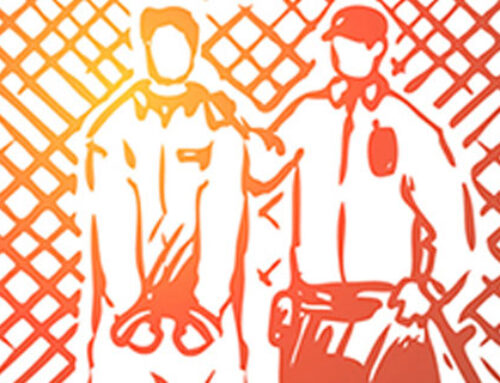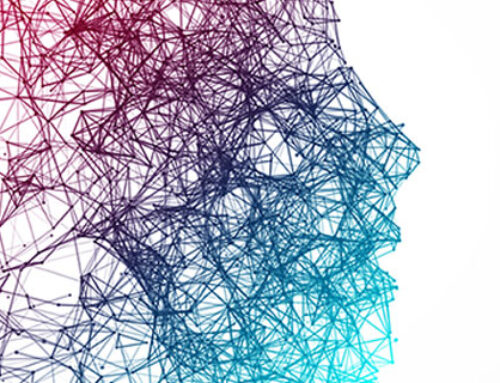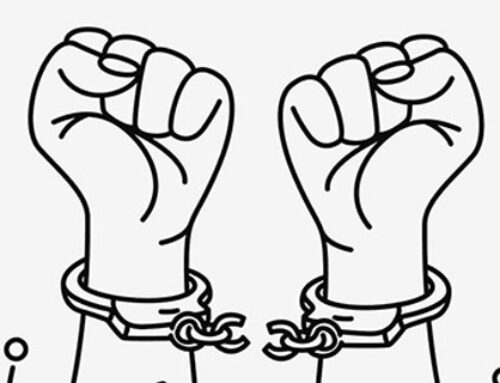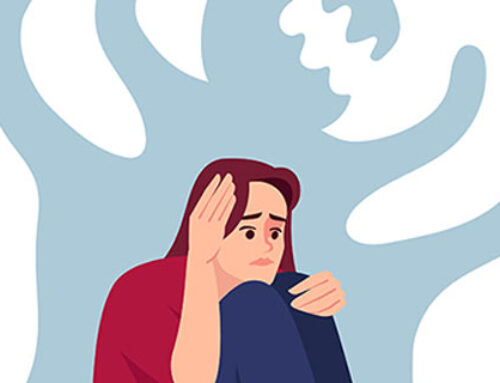 As a criminal justice professor, I follow crime and justice news on a regular basis. Crime and justice news can help explain why people commit crime and engage in deviant acts, inform crime prevention and response, and shine a light on emerging issues in the field.
As a criminal justice professor, I follow crime and justice news on a regular basis. Crime and justice news can help explain why people commit crime and engage in deviant acts, inform crime prevention and response, and shine a light on emerging issues in the field.
Recently, I have noticed increased media coverage of incidents involving law enforcement and people with mental illness. As a former human services practitioner and current academician, I realize that short sound bites and brief news columns do not offer the full context. The media does not always clearly explain interactions where the police use deadly force, especially in situations involving people with developmental disabilities and mental illness.
However, one incident in particular had me questioning law enforcement’s response to situations involving people with developmental disorders and mental illness. While this incident involved someone with a developmental disorder rather than mental illness, I felt moved to advocate for improved law enforcement responses and the decriminalization of mental illness.
The Incident
On July 18, 2016, Arnaldo Rios Soto, a man with autism, ran away from his group home. He was later found sitting in the middle of the street, and someone called the police. His caretaker, Charles Kinsey, a behavioral therapist, sought his client and, once he found him, attempted to persuade him to return to the group home.
Sensing the danger of the situation, Kinsey laid on his back with his hands up and explained
who he was to the responding officers. He stated that his client was not a threat, and that Arnaldo was holding a toy car in his hand, not a weapon. Video from a bystander showed Kinsey calmly cooperating. Then a North Miami police officer shot him while attempting to shoot Arnaldo (Kinsey survived).
While I can’t know what was going through the officer’s mind at the time, it is my opinion that
the officer did not consider the context provided by Kinsey: that a man with a developmental disorder needed help and posed no harm. According to the National Institute of Mental Health, people with autism can have symptoms that impair their ability to function, including the ability to communicate.
What may be perceived by an officer as a person’s failure to reply to orders might simply reflect
symptoms. Unfortunately, Mr. Kinsey’s explanation and calm demeanor were not enough to de-escalate the tension surrounding the event.
The Challenge: Loss Of Trust
It’s unclear why some officers act more aggressively than their peers when confronted with a situation involving a person with mental illness.
Unfortunately, there is a cost associated with these controversial incidents. For instance, family members and friends may be reluctant to call the police for assistance in a crisis if they think their loved one may get hurt or killed as a result of their intervention.
Additionally, in cases of domestic violence and abuse, mental illness may manifest as a result of ongoing, targeted abuse by a partner. These victims may fear being viewed and treated as a criminal threat by law enforcement if they call for help.
People of color, particularly African Americans, have reported disparate treatment when calling the police to assist in a mental health crisis. Some researchers argue that implicit bias and preconceived notions of African Americans being more criminal in nature has led to quicker use of deadly force.
When people see stories like this in the news, they may lose trust in law enforcement and their ability to adequately address incidents that involve those with mental illness. These implications weaken the overall bond between community and law enforcement.
The Opportunities: Education And Improved Awareness
While these incidents are tragic, they have forced society to address this issue by considering ways to improve. Recognition that there is a problem is a vital step in supporting both individuals and their families, as well as law enforcement in their response.
It is vital that college educators such as myself, the police, mental health practitioners and community-based advocates work collectively to:
• Work with the Media to Spread Awareness
Mental health providers and advocates can schedule sessions with local media to explain types of mental illness and the appropriate responses to them. They can encourage the media to include local and national resources in stories about police interactions with people who have mental illness.
• Provide Training to Improve Officer Response
Central to improved responses are trainings, such as Crisis Intervention Team programs, that educate officers about mental illness so they can develop an understanding and equip themselves with the knowledge and tools to address such situations.
• Collaborate and Create Beneficial Partnerships
Police departments and mental health providers can partner and collaborate to consider all
approaches to responding to and supporting people with mental illness. Mental health specialists who can provide a continuum of care to people in need (persons in distress, victims and offenders experiencing mental illness) can offer rapid response support to officers who are first responders on the scene. Police and mental health professionals also can point out to one another the biases that may set back progress.
• Share Information and Resources to Strengthen Community Response
Educators in roles like mine can include special topics on mental illness and policing in curriculum content (e.g., best practices). This would help prepare criminal justice and public health students pursuing careers in law enforcement and mental health counseling for real world incidents involving people having mental health crises. Also, criminal justice departments partnering with NAMI on the national, local and college levels can provide pathways for sharing relevant mental health information and resources on campus and in surrounding communities.
While we can’t turn back time and change the outcomes of controversial police interactions with those who have mental illness, we can learn from them. Learning and education can only lead to improved response, as long as the voices of the police, mental health providers and advocates are heard and respected.
If you follow these stories like me, you will agree that the time is now to improve responses to mental illness by learning from these incidents and working together to do better.
Johnny Rice II, DrPH, M.S., currentlyserves as assistant professor of criminaljustice at Coppin State University in Baltimore and as a consultant for Ujima, a project of The National Center on Violence Against Women in the Black Community.For 21 years, he has provided leadership, technical assistance and support to organizations that serve low-income fathers and families. Specifically, he supports the areas of child welfare, youth development and criminal justice in efforts to create safe and stable communities. Follow Dr. Rice at drjohnnyrice.com.
Note: This article was originally published in the Fall 2019 issue of Advocate.




